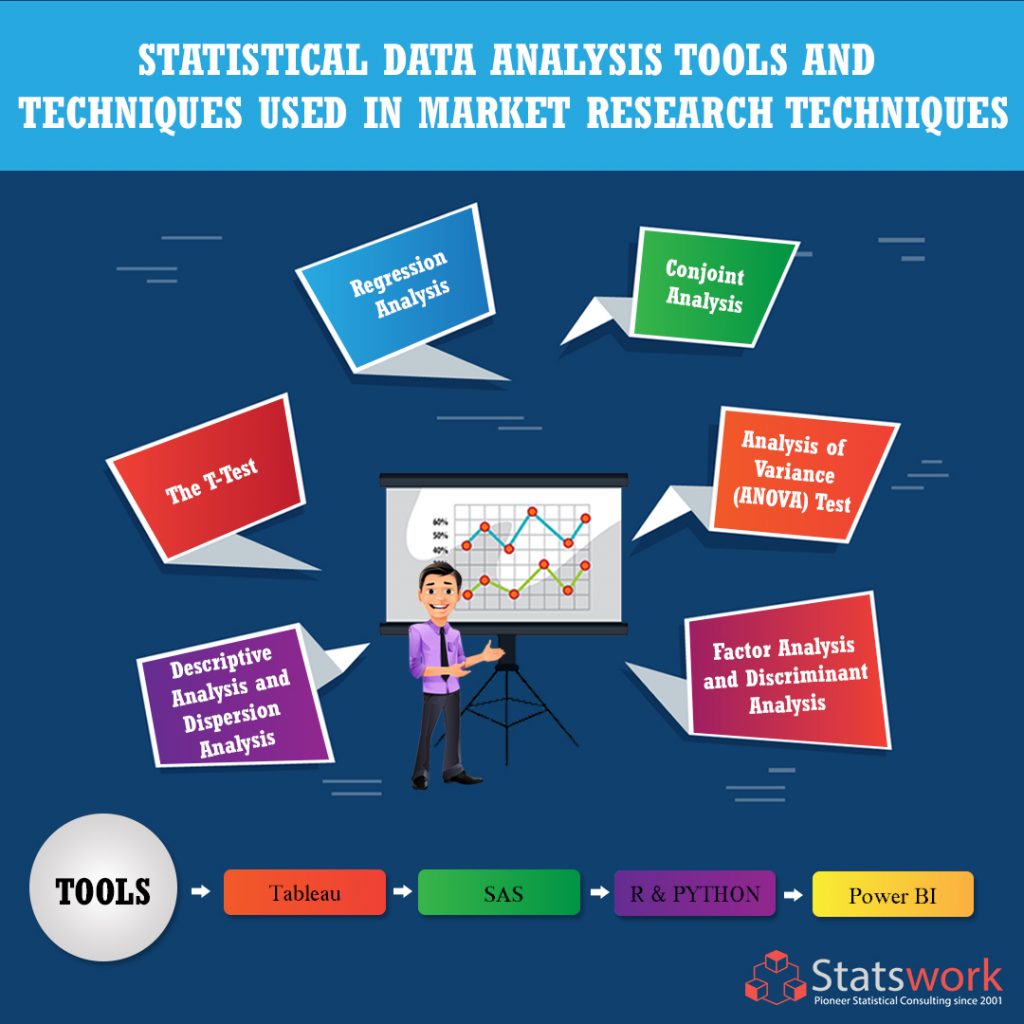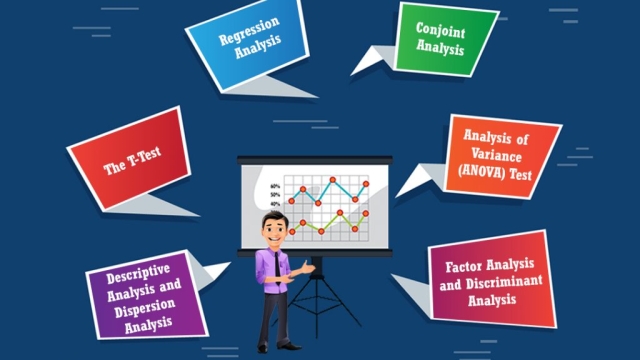
Research and data analysis are critical components in today’s information-driven society. Whether you are a student conducting a research project, a business professional making data-driven decisions, or an academic striving to contribute to the knowledge base, the ability to effectively unearth insights is paramount. In this article, we will delve into the art of research and data analysis, exploring the techniques and strategies that can help you master this indispensable skill set.
At its core, research is the systematic investigation of a subject or problem, aimed at generating new knowledge or achieving a deeper understanding. It involves gathering and evaluating information from various sources, such as books, articles, databases, and interviews, to name a few. However, research is not merely the act of collecting data; it requires a structured approach that involves formulating clear research questions, establishing appropriate methodologies, and critically analyzing the obtained data.
Data analysis, on the other hand, is the process of inspecting, cleansing, transforming, and modeling data to extract meaningful insights and support decision-making. It is the key that unlocks the hidden potential within the vast amounts of collected information. As technology advances and the world becomes more interconnected, the importance of data analysis has grown exponentially. From identifying trends and patterns to making accurate predictions, data analysis enables us to make informed choices and drive progress in various fields.
In the upcoming sections of this article, we will explore the different research methodologies, such as quantitative and qualitative approaches, and discuss the various tools and techniques employed in data analysis. We will also delve into the steps involved in effective research and data analysis, from defining research objectives to organizing and interpreting findings. By understanding and implementing these principles, you will be equipped with the necessary skills to unlock the power of research and data analysis and make significant contributions in your respective fields. So, without further ado, let us embark on this journey of unearthing insights and mastering the art of research and data analysis.
The Importance of Research
Research plays a crucial role in gaining a deeper understanding of various subjects. By delving into the vast realm of knowledge, we can uncover valuable insights and uncover hidden truths. Through the systematic collection and analysis of data, research enables us to make informed decisions and drive meaningful change. Whether it’s in academia, business, or everyday life, research is the backbone of progress and innovation.
One of the key reasons why research is important is that it allows us to build upon existing knowledge. By studying previous findings and theories, researchers can identify gaps in understanding and formulate new questions to explore. This continuous cycle of inquiry drives the growth of knowledge and helps us refine existing ideas or develop new ones. Without research, our understanding of the world would remain stagnant, hindering any potential advancements.
Moreover, research enables us to validate or challenge assumptions. It provides a way to gather reliable evidence and draw meaningful conclusions based on facts. By adopting a rigorous approach to data collection and analysis, researchers can eliminate biases and ensure the results are robust and reliable. This allows us to make well-founded decisions and avoid erroneous assumptions that can lead to poor outcomes.
Furthermore, research empowers us to solve complex problems. By systematically breaking down issues into manageable components, we can develop effective strategies and solutions. Through data analysis, researchers can identify patterns, trends, and correlations, which can be used to inform decision-making and problem-solving processes. Without research, we may struggle to find effective solutions and be left grappling with unanswered questions.
In conclusion, research plays a vital role in expanding our knowledge, challenging assumptions, and solving problems. It is the driving force behind progress and innovation in various fields. By recognizing the importance of research and investing in its pursuit, we can unlock new insights and bring about positive change.
Fundamentals of Data Analysis
In the world of research and data analysis, understanding the fundamentals is crucial. Whether you are a novice or an experienced analyst, grasping the core principles of this field is essential for success.
First and foremost, data analysis is all about extracting valuable insights from raw data. It involves the careful examination of data sets to identify patterns, relationships, and trends. By utilizing various statistical techniques and tools, analysts can uncover hidden information that can drive informed decision-making.
To conduct effective data analysis, it is paramount to have a solid understanding of statistical methods. Knowledge of probability distributions, hypothesis testing, and regression analysis is essential. These techniques enable analysts to make accurate predictions, test hypotheses, and draw meaningful conclusions from data.
Furthermore, data analysis requires careful attention to detail. Accuracy is of the utmost importance as even the smallest errors can drastically impact the results. By employing rigorous data cleaning and validation techniques, analysts ensure the reliability and consistency of their findings.
In conclusion, mastering the fundamentals of data analysis is a vital step towards unearthing valuable insights. By understanding the principles of this field, learning statistical techniques, and maintaining precision in data processing, researchers can effectively navigate the intricate world of research and data analysis.
Strategies for Effective Research and Data Analysis
- Prioritize Your Research Goals
One of the key strategies for effective research and data analysis is to prioritize your goals. Before diving deep into the vast sea of information, it is essential to clearly define what you aim to achieve through your research. By setting specific goals, you can narrow down your focus and gather relevant data that directly addresses your research objectives. This approach helps you save time and effort by eliminating unnecessary information and allowing you to concentrate on the most important aspects of your study.
- Employ a Systematic Approach
To ensure accurate and reliable results, it is crucial to adopt a systematic approach to research and data analysis. Begin by outlining a well-structured research plan, including the methodologies and techniques you will employ. This will help you maintain consistency and minimize bias throughout the process. A systematic approach also involves organizing your data in a logical and coherent manner, making it easier to analyze and draw meaningful insights. By following a systematic framework, you can improve the overall efficiency and integrity of your research.
- Validate and Verify Your Data
Validating and verifying your data is a critical aspect of effective research and data analysis. It is imperative to ensure the accuracy and reliability of the information you gather. This can be achieved through various means, such as cross-referencing data from multiple sources, employing rigorous fact-checking methods, or conducting thorough peer reviews. By validating and verifying your data, you can enhance the credibility of your research findings and make informed decisions based on trustworthy information.
In conclusion, employing strategic approaches in research and data analysis is essential to achieve meaningful and reliable results. By prioritizing research goals, adopting a systematic approach, and validating data, you can enhance the effectiveness and credibility of your research endeavors.
